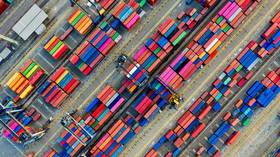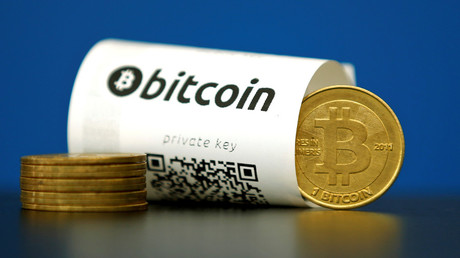Unrelated to the lawsuit, the Justice Department began investigating Project Veritas and its provocateur leader, James O’Keefe, for its possible role in the theft of a diary belonging to President Biden’s daughter, Ashley.
In its coverage of the investigation, The Times quoted memos prepared by a Project Veritas lawyer that predated the libel lawsuit and described strategies for ensuring that the group’s reporting tactics remained legal. (Project Veritas often engages in deceptive practices, including the use of fake identities and hidden cameras to embarrass liberals, the news media and others.)
Project Veritas accused The Times of invading its right to attorney-client privilege by publishing the documents. Justice Wood sided with Project Veritas and ordered The Times to return its physical copies of the documents and destroy any electronic copies in its possession. He also barred The Times from further publication of the memos.
Ms. Locke, the lawyer for Project Veritas, said last week that Justice Wood’s order “affirms the sanctity of the attorney-client relationship,” and accused The Times of being “a vehicle for the prosecution of a partisan political agenda.” Mr. O’Keefe said The Times was “blinded by its hatred of Project Veritas.”
First Amendment lawyers and press advocates have argued that by placing restrictions on The Times’s ability to report on the activities of Project Veritas, Justice Wood breached the newspaper’s speech rights and was effectively deciding whom and what The Times could report on.
In arguing for a stay on the requirement that it turn over and destroy documents, The Times told the appeals court that such actions “will be impossible to undo even if this court subsequently grants The Times’s appeal in full, and thus will in the most literal sense irreparably harm The Times’s ability to research and report to the public on Project Veritas.”
Article source: https://www.nytimes.com/2021/12/28/business/media/nyt-project-veritas.html







